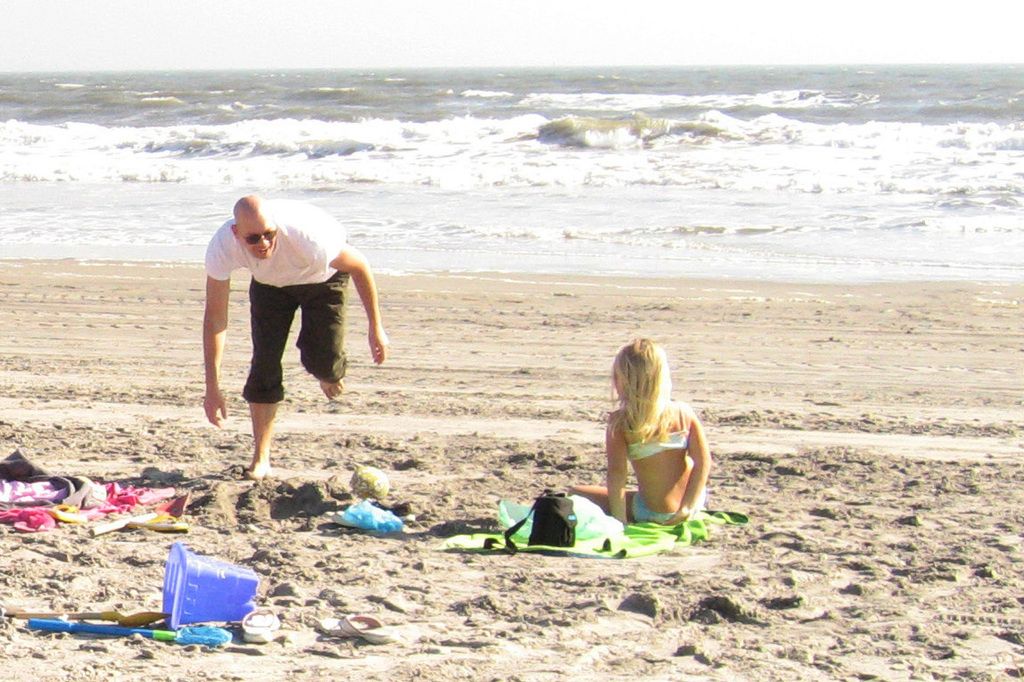Tree conservation efforts with ICNF in Fão, Portugal: Joining forces for greener landscapes.
On Sunday, our website teamed up with the ICNF and North Coast Nature Park to host a tree-planting event in Fão, Portugal. This grand affair, taking place on the 17th of March, brought together over 40 volunteers from local associations and communities.
The purpose of this event was two-fold: to rehabilitate a pine forest in Ofir/Fão by planting approximately 400 pine seedlings, one of Portugal's native tree species, and to remove invasive plant species that threatened local fauna and flora.
These dedicated volunteers not only planted trees but also played a significant role in the fight against invasive plant species, ensuring the new plantings could grow healthily and flourish. This is crucial for the conservation and greening of the North Coast Nature Park areas.
Native tree species are a vital part of local ecosystems. They are native to their geographical regions and have adapted to the local soil, climate, and ecological conditions, making them instrumental in the natural ecosystem. Apart from providing shelter, food, and habitat for various plant and animal species, native trees are resilient to adverse weather conditions like droughts, floods, and storms.
For example, Portugal is home to the Portuguese cork tree, pinyon pine, and pin oak, while Poland boasts the pedunculate oak and Scots pine. Argentina hosts lapacho and cebil, and Japan is home to sugi and Japanese maple.
Invasive plant species, on the other hand, are plants introduced from outside their natural range that have begun to spread rapidly, disrupting ecosystems. Characterized by their fast reproductive rate and ability to outcompete native plant species, invasive plants can cause significant ecological and economic damage. They impact ecosystems by altering habitats, leading to the decline or extinction of native species, damaging agricultural productivity, increasing land management costs, affecting recreational activities, and even causing increased erosion and wildfire risks.
To maintain ecological balance and protect local wildlife, managing invasive plant species is essential. This involves removing and controlling invasive plants, restoring native species, and implementing measures to prevent new invasions.
Ecological rehabilitation projects must address invasive plant species to restore native ecosystems effectively. This includes not only removing invasive plants but also implementing long-term strategies like monitoring and early detection to ensure the long-term health and resilience of ecosystems.
- The event aimed to promote health-and-wellness by involving volunteers in fitness-and-exercise activities like tree-planting, which aligns well with a lifestyle focused on environmental-science.
- As a result of the symbiotic partnership between our website, ICNF, North Coast Nature Park, and local associations, the North Coast Nature Park's home-and-garden areas will now thrive with various native tree species, specifically pine forests.
- The tree-planting event indirectly contributes to the fight against climate-change, as native trees, such as the Portuguese cork tree and Scots pine, are known for their resilience and crucial role in carbon sequestration.
- Gardening and planting native tree species like the pin oak, cebil, and Japanese maple can be a rewarding addition to one's lifestyle, contributing to a greener and more sustainable environment, while also supporting regional environmental-science efforts.




